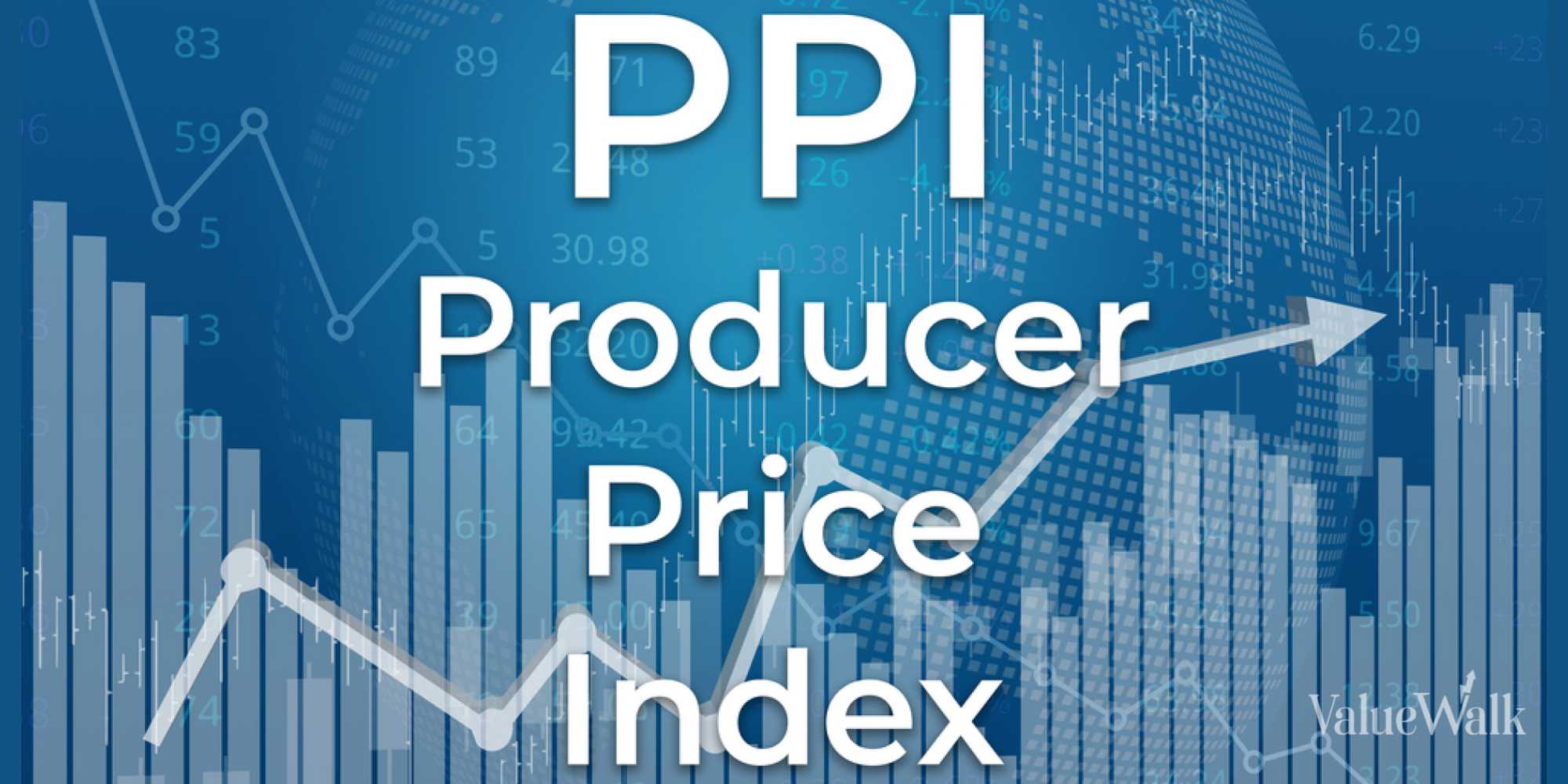A little more than a year ago, at the end of 2022, Meta Platforms (NASDAQ:META), one of the so-called Magnificent Seven stocks, was an absolute no-brainer to buy, trading at just 12 times earnings. For the social media giant and one of the largest companies in the world, it was just too cheap to ignore.
Anyone who bought at that low valuation is probably pretty happy right now after the stock returned 194% in 2023 and is up another 40% year-to-date in 2024.
Investors who did not buy before the massive surge might think it too late to get in now, but that is not the case. Meta is still one of the cheapest Magnificent Seven stocks and has significant growth potential. Here’s why Meta is among the best undervalued growth stocks right now.
Best value among Magnificent Seven stocks
Even after such a huge run up over the past 15 months, Meta is still a good value. It has a trailing 12 months price-to-earnings (P/E) ratio of 33, which is slightly higher than the 31 P/E average for the Nasdaq 100. But its forward P/E, looking out 12 months, is just 24.7, which is below the projected 28.7 forward P/E on the Nasdaq.
Looking even further out, Meta has a five-year P/E to growth (PEG) ratio of 1.1, which is typically low for a growth stock. A PEG of 1 means the stock is fairly valued, with anything under 1 being undervalued and anything over 1 being overvalued. With a PEG ratio of 1.1, Meta is essentially fairly valued relative to its future growth expectations, and it has the lowest PEG ratio of its Magnificent Seven peers.
The stock was trading lower this week on the news that Meta was part of a federal probe into the sales of unregulated and illegal online pharmacies operating on its Facebook platform, according to the Wall Street Journal, which broke the news on March 18. Meta was subpoenaed last year as part of the investigation and is fully cooperating with authorities. It is also working with the U.S. State Department on an initiative to “disrupt the sale of synthetic drugs online and educate users about the risks,” as Meta’s president of global affairs, Nick Clegg, said in an X post on March 15, three days before the WSJ article dropped.
The news sent Meta’s stock price falling on Tuesday, down about 2% to roughly $487 per share. Assuming this gets sorted out, the drop in price could make the value more enticing for investors.
Restructuring leads to earnings growth
Meta’s relatively low valuation provides a good entry point for a company that has been steadily growing and streamlining operations. In December, it averaged 3.2 billion daily active people (DAP) across its family of social media sites, which includes Facebook, Instagram, and WhatsApp, three of the four largest in the world. That’s up 8% year-over-year. Facebook led the way with 2.1 billion DAP in December, up 6%.
Further, ad impressions increased by 28% year-over-year in the fourth quarter, with the average price per ad up 2%. That helped revenue increase 25% in Q4 to $40.1 billion and net income climb 201% year-over-year to $14 billion, or $5.33 per share.
The earnings got a major boost from Meta’s strategic plan to cut expenses last year, which CEO Mark Zuckerberg called a “year of efficiency.” Meta’s restructuring initiative, which included layoffs and consolidating facilities and expenses, resulted in costs and expenses dropping 8% in the fourth quarter. The operating margin more than doubled to 41% in Q4 and for the full year it jumped to 35% from 25%. This not only boosted earnings, but improved cash flow to strategically reinvest in 2024 and beyond in its Reality Labs virtual reality business as well as artificial intelligence across its products.
The capital strength also allowed Meta to offer, for the first time ever, a dividend. The company’s first quarterly dividend of 50 cents will be paid to investors on March 26.
Growth outlook
Meta’s first quarter outlook calls for revenue of $34.5 to $37 billion, which would be up 7% to 15% over the first quarter of 2023. It didn’t offer revenue or earnings guidance beyond Q1, but expenses and capital expenditures are expected to be up in 2024 as it invests in the areas where it sees the most future growth.
“We have two major parts of our long-term vision, and in addition to AI the other part is the metaverse. We’ve invested heavily in both AI and the metaverse for a long time, and we will continue to do so,” Zuckerberg said on the Q4 earnings call. He later added, in the Q&A portion: “So the themes for the year of efficiency were to make us a stronger technology company by becoming leaner and more balanced towards our engineering work and more streamlined and to improve our financial performance, primarily with the goal of providing stability so we can invest in these long-term, ambitious visions around AI and metaverse over what we see as the coming decade or more as these things play out.”
The consensus earnings estimate calls for about a 20% compound annual growth rate for the next three years through 2026, and the average 12-month price target among the 43 analysts that cover the stock is about $538 per share – which would be about an 8% increase over its current price.
That’s not shooting the lights out by any stretch, but its solid growth in a year where the company invests heavily in potentially its next phase of growth.





